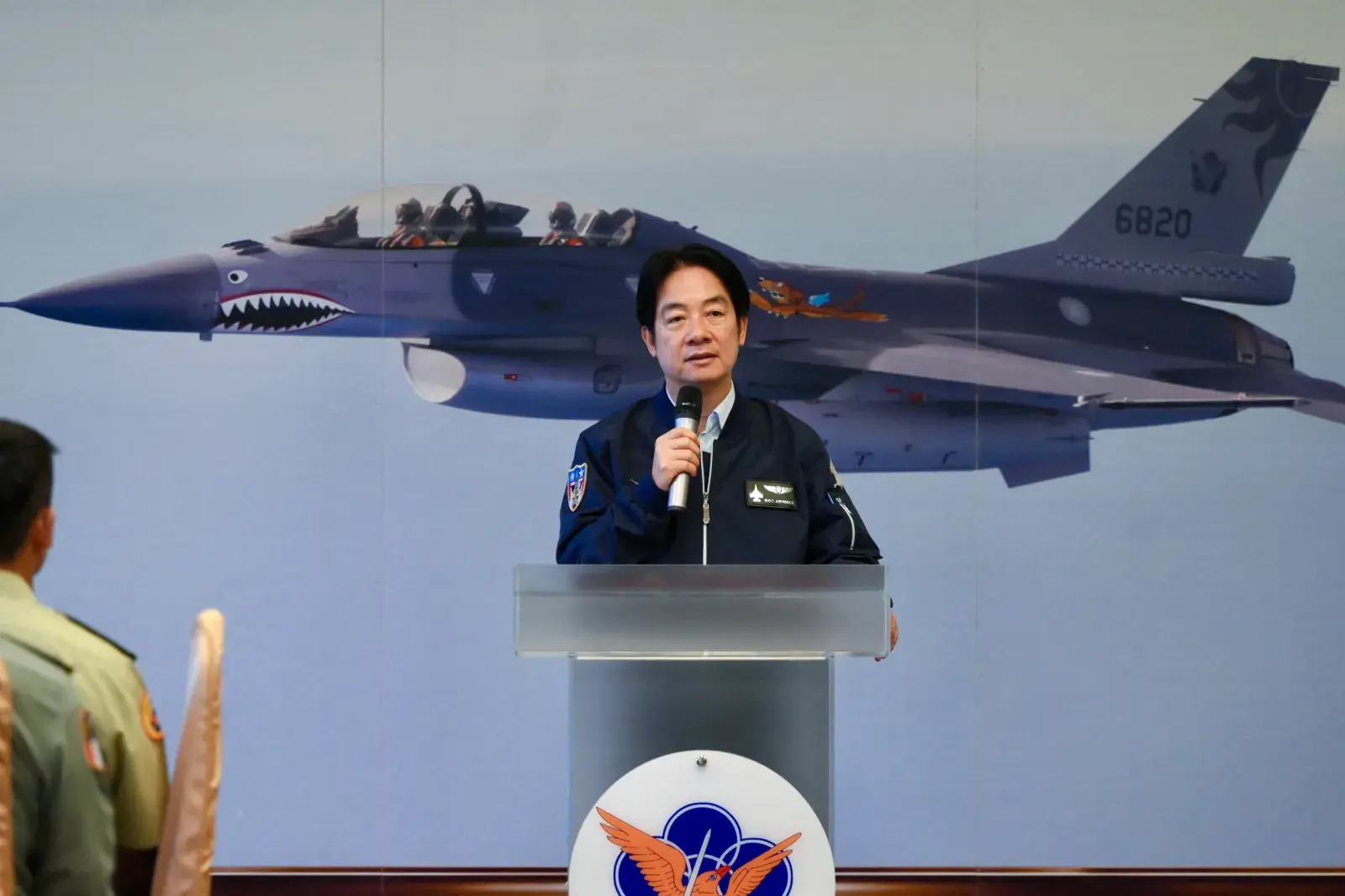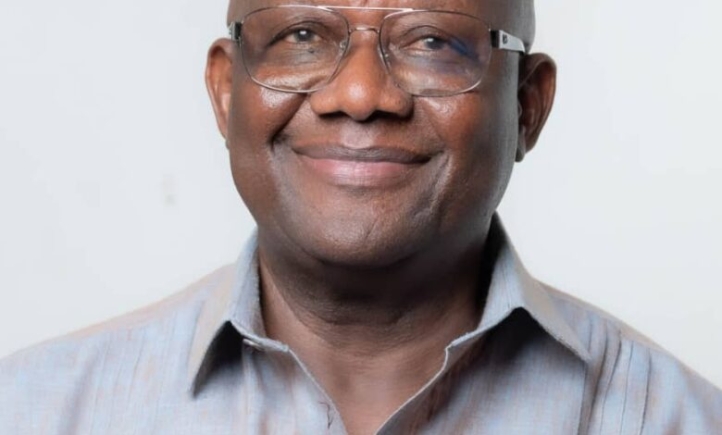Copyright newsweek

China has seized on delays in Taiwan’s order of American F‑16s to denounce what it calls a “delusional” push for independence through military means, warning that such efforts lead to a “dead end.” Newsweek has contacted Taiwan’s Foreign Ministry and the Pentagon for comment by email. Why It Matters Taiwan ordered a total of 66 F‑16Vs (Block 70), an improved version of the Lockheed Martin fighter, in 2019 for about $8 billion. They were to be delivered in batches, with the final aircraft originally slated for delivery by the end of 2026. Yet only a single plane has been delivered to date. The push to modernize the fighter fleet is part of Taiwan’s broader effort to shore up its defenses against China, which views the democratic island as its territory. Beijing has pledged that unification is inevitable—by force if necessary—and has significantly ramped up military activities in the Taiwan Strait in recent years. What To Know Last week, Wellington Koo, Taiwan’s defense chief, called the original delivery schedule increasingly challenging, while Air Force Chief of Staff Lee Ching-jan told lawmakers that manpower shortages, the COVID‑19 pandemic and the war in Ukraine had all contributed to the delays, according to Taiwan’s Central News Agency. China regularly voices strong opposition to the F‑16 deal and other U.S. arms sales to Taiwan, the island’s top source of weapons. Taiwanese President Lai Ching-te speaks to military personnel at an air force base in Hualien on May 28, 2024, with a Taiwanese F-16 fighter jet in the backdrop. When asked to respond to the delays—and to criticisms Taiwanese opposition lawmakers have voiced about increasing defense budgets—Peng Qing’en, a spokesperson for China’s government body managing Taiwan affairs, accused Taiwan’s ruling Democratic Progressive Party (DPP) of “squandering the hard‑earned money of the Taiwanese people” through “all sorts of shady dealings.” Peng said that by clinging to their separatist stance on Taiwan independence, the DPP aimed to “seek independence by force” while also relying on “foreign powers.” This approach is a “dead end,” he said. The F‑16s make up 39 percent of an estimated $20.5 billion backlog of U.S. weapons orders by Taiwan, a breakdown published last month by the Cato Institute, a Washington think tank. In August, Lai announced that Taiwan would raise defense spending to 3.32 percent of its gross domestic product for fiscal year 2026 and work toward reaching 5 percent by 2030—twice the current figure—with an eye toward the growing capabilities gap with China’s powerful military. Lai has also announced a “T‑Dome” defense system as part of the island’s strategy to adapt to the gap. The government in Taiwan, whose official name is the Republic of China, has controlled the island since 1949 after losing the mainland to communist forces. Today, Taiwan functions as a de facto sovereign state with its own military, elected government and foreign relations. What People Are Saying Wellington Koo, Taiwan’s defense minister, told reporters last week: “We can expect some deliveries next year, but whether they can deliver all of the [F-16s] on schedule at this point—I think that’s indeed quite challenging.” What Happens Next Lee, the air force chief of staff, told legislators that only 10 of the fighter jets are expected to have been assembled and undergone test flights by the end of this year. He said the force was working with the U.S. to resolve production hang‑ups.



